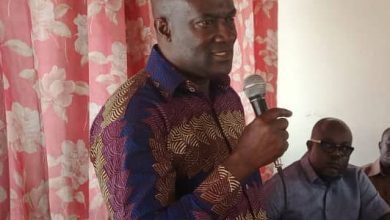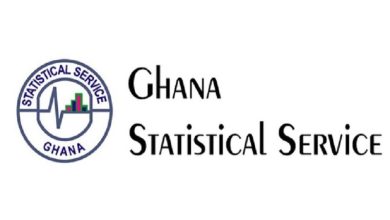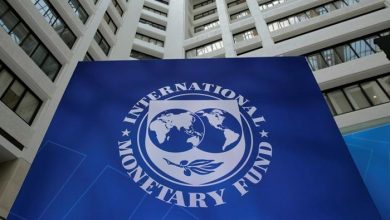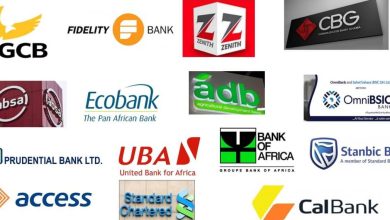Bank of Ghana’s Gold Purchase Initiative Bolsters Cedi Stability, Reduces Inflation
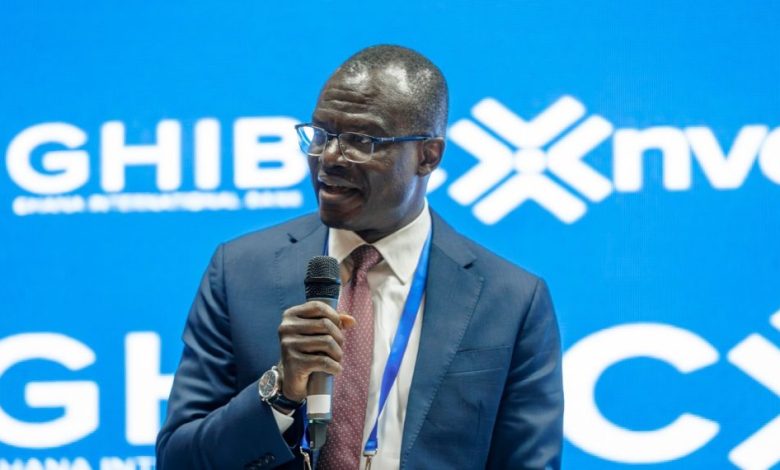
The Bank of Ghana has credited the Domestic Gold Purchase Programme with strengthening the country’s foreign reserves, stabilising the exchange rate, and easing inflationary pressures.
Launched in 2021, the program has played a key role in Ghana’s recent credit rating upgrade from “restrictive default” to “B-“ with a stable outlook in June 2025—boosting investor confidence.
First Deputy Governor of the Bank of Ghana, Dr. Zakari Mumuni made the comment while speaking on the topic “Leveraging Commodities— The Central Bank’s View” at CNVERGE ’25, Africa’s Premier Trade Banking Thought Impact Event.
He noted that ultimately, the Domestic Gold Purchase Programme was not just about reserve accumulation but also about unlocking the potential of the country’s commodity base.
Providing an update on the performance of the Programme (DGPP) as of the end of June 2025, Dr. Zakari Mumuni said the central bank had purchased 145.95 tonnes of gold.
Out of this, 86.77 tonnes were sold for foreign exchange to support reserves, while the Bank’s physical gold holdings increased to 32.99 tonnes from 8.74 tonnes at the start of the programme.
“On all counts, the Domestic Gold Purchase Programme (DGPP) has impacted positively, with strong reserve accumulation, stability in the exchange rate, and easing inflation.
“These have helped to improve the country’s credit profile from restrictive default to B- with a stable outlook in June 2025, boosting investor confidence,” Dr. Zakari Mumuni remarked.


